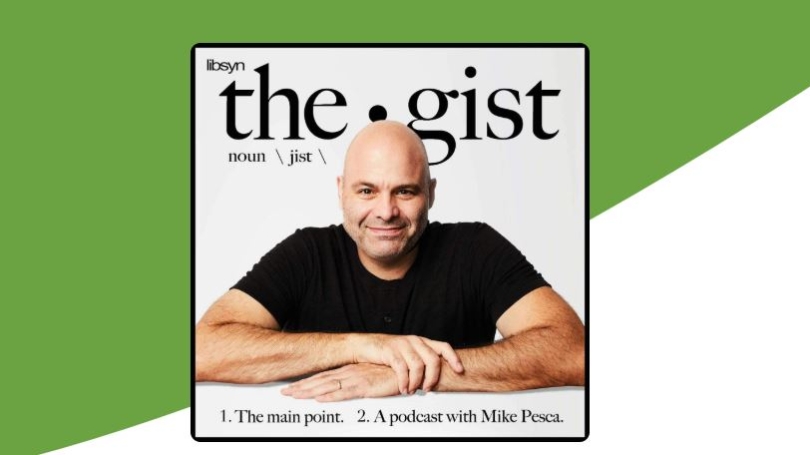The government major is interested in humanitarian and civil rights law.
News
October 15, 2025
“I do feel much more sense of hopefulness that both sides have learned what losses are entailed by this kind of war, and that it might be time to turn the page,” the visiting professor of government says of the ceasefire in Gaza.
October 09, 2025
A new Dartmouth study analyzes assessments from NATO members and allies.
September 29, 2025
Over a shared meal, students and professors talk about how to combat polarization.
September 29, 2025
Prof Brendan Nyhan explains why headline-grabbing polls inflate support for "partisan violence" and how careful survey design finds under 10% backing for felony-level force, far less than in many democracies. He traces how elite cues shape perceived threats and warns against pretextual crackdowns.
September 29, 2025
Today, Emma talks with Jennifer Lind, an associate professor of Government at Dartmouth College. Emma and Jenny discuss prioritization, burden shifting, and how a strong progressive grand strategy can benefit the wider U.S. foreign policy debate. Emma and Jenny's discussion is part of the New Visions for Grand Strategy Project, a collection of essays, videos, and podcasts in which out-of-the box thinkers discuss the future of U.S. foreign policy.
September 26, 2025
"Other prosecutors will feel even more pressure now to bring charges against whomever displeases the president, and you don't want to live in a country where displeasing the president can put you in jail," Prof Nyhan says of President Donald Trump's involvement in the prosecution of former FBI Director James Comey.
September 23, 2025
Study finds that interventions to reduce partisan animosity have fleeting effects.
September 16, 2025
"We're watching grief, anger, blame and calls for retribution all occurring in parallel and all occurring in the public sphere," Prof...
September 12, 2025
Prof Press, the faculty director of the Davidson Institute for Global Security discusses the Trump administration proposal to restore the...









